February 15th, 2018 — 12:18am
Underground in Berlin: A Young Woman’s Extraordinary Tale of Survival in the Heart of Nazi Germany by Marie Jalowicz Simon (translated by Anthea Bell with a foreword and afterword by Hermann Simon)
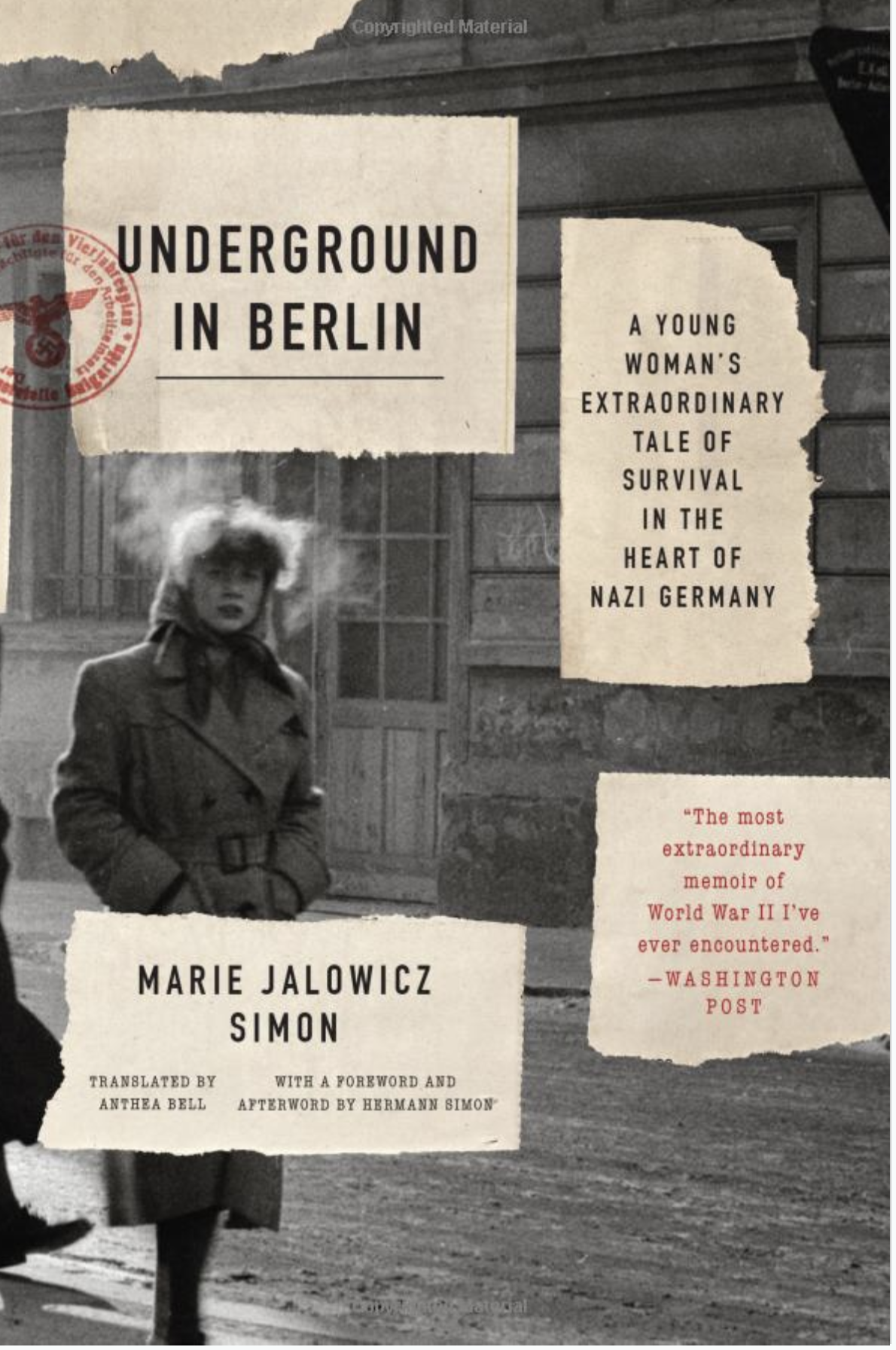
Hermann Simon knew his mother as a loving parent who was a Professor of Classical Antiquities at the Humboldt University of Berlin. He also knew that his mother survived World War II by staying and hiding most of the time in Berlin. During that period in Berlin, so she would not be discovered as a Jewish girl in her 20s and sent to a concentration camp. She rarely spoke about this experience and her son really didn’t know the details. Shortly before her death in 1998, he put a tape recorded in front of her and she agreed to tell her story.
Not only did Ms. Simon tell the story chronologically in vivid detail, but she also revealed her inner thoughts and feelings. She related how at first she wore the yellow Jewish star as was expected to be worn by all Jews in the city, although periodically she would hide it. She did the required work in a German factory making screws for war weapons. Then when her parents were “deported” and nobody knew exactly what their fate would be, she decided to “go to ground” which meant to go underground living in Germany. She hid her Jewish identity and found temporary lodging with non-Jewish friends. She would spend a few days or a week or two and then have to move on and try to find some other place to live.. At times, the circumstances was such that she had to give sexual favors and even got married for a short time in order to have a place to live. She had trouble getting food and most of the time she was in great hunger. Sometimes she had to sit in a wicker chair for hours at a time or sleep in the makeshift bed in the corner of somebody’s apartment who was risking their own lives by hiding her.
She was “underground” for about three years. She recalled not only the details of each phase of her hiding but painted a clear picture of the people she met and with whom she interacted. But most interesting was her ongoing recounting of her fears and feelings as she walked around the city or read books in an uncomfortable living arrangement with constant hunger. There’s no complicated plot or strongly unforgettable characters (other than Ms. Simon). We could appreciate the kindness of so many people who risked their lives to hide her. Her experience after the Russians liberated Berlin was also quite interesting.
We owe a debt of gratitude to Ms. Simon and her son for leaving the legacy of her experience as the young Jewish woman in Berlin during the war who “went to ground.” This book may not achieve the literary acclaim of some of the classic Holocaust books, but I still found it unforgettable. We all should be appreciative that the author and her son made the effort to preserve her story for future generations.
Please leave any comments below
To purchase a copy of this book on Amazon, please click here
Comment » | Uncategorized
June 4th, 2016 — 12:30am
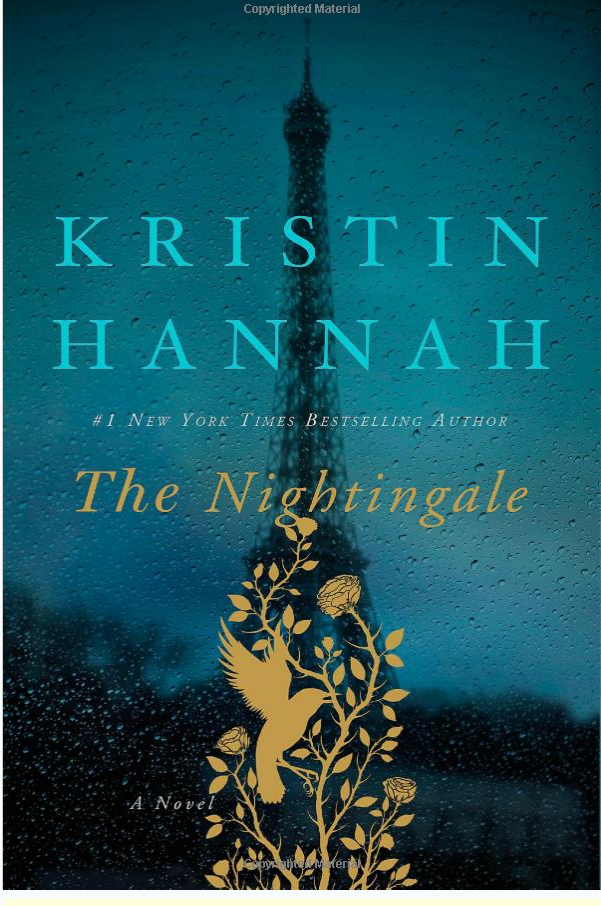 The Nightingale by Kristin Hannah
The Nightingale by Kristin Hannah
If there is any book that has greatly contributed to my understanding of the bravery and resilience of victims of Nazi, Germany it was The Diary of Anne Frank. That book was written by a teenage girl who was hiding in Amsterdam for two and half years until she and her family were betrayed and she was killed. There have been many subsequent books about World War II and the Holocaust. Yet none of them has done it better than The Nightingale by Kristin Hannah, an American novelist who was a lawyer turned writer. She did not go through any horrendous experiences as did Anne Frank and others in her own life but she obviously is a thorough researcher and a very skilled, sensitive writer who has written many successful novels prior to this number one bestseller.
Ms. Hannah has told the story how she came across the account of a Belgian woman, Andrea DeJoneg who was part of the underground resistance during World War II and guided many downed Allied pilots across the Pyrenees Mountains into Spain at the risk of her own life. Based on her research and her insight into the human psyche, Ms. Hannah was able to create the characters of this book. She recounted the acts of tremendous bravery that were shown by her protagonists and she was empathically able to describe their emotional experiences in a very believable manner.
The author focused mainly on women, particularly two sisters, Vianne and Isabelle Mauriac who were not Jewish and lived in Carriveau, a small French village that was occupied by the Nazis during World War II. The reader comes to understand the backstories of these women. Isabelle, the rebellious one, ultimately becomes a very brave woman who shepherds downed British and American pilots across the rugged mountains to safety, risking the severe repercussions which she knew would happen if she were caught.
Her sister Vianne became a heroine in her own right, hiding Jewish children when their parents were taken away by the Nazis. Her actions reawakened questions that we have asked ourselves over the years. Would we have taken in a child (or an adult) to hide or disguise them, when to have been discovered would not only endanger our lives but those of our children? There was another point in question raised by this book when at the end of the war Vianne is faced with the prospect of now having to give up her five- or six-year-old child that she has raised for the past few years when her Jewish friend was taken away to the concentration camps. Now after the war was over, relatives of the deceased Jewish parents want to take this child to America so family there can raise him. But perhaps the most challenging question that the characters in this book face is whether Vianne should tell her husband, who returned home after being a POW held by the Nazis, that the pregnancy with the child that he now feels is his child, but was actually conceived shortly before they reunited, is really the pregnancy of the brutal rape from the German officer who made her house his living quarters before he retreated with the Nazis when the Allies liberated France. Should she have told her husband the truth and should she now more than 40 years after the end of the war tell the truth to the now grownup child who is a successful surgeon and very attentive to his mother.
It is these stories as well as the vivid description of life in occupied France as well in the concentration camps, which are part of this novel that makes this book so unforgettable. It well deserves the acclaim that it is receiving and I’m sure it will be made into an unforgettable movie.
To obtain a copy of this book from Amazon, please click here
Comment » | FG - Fiction General, FH - Fiction Historical
June 17th, 2013 — 7:32pm
 Maus I & II- by Art Spiegelman Reviewed by Lucy Blumenfield (Age 12) – Although there are other books that tell the tale of the Holocaust through a survivor’s perspective, this book is unique. It is the story, and it is true, about a man—Art Spiegelman, the author—who interviews his father—Vladek Spiegelman to preserve his story of the Holocaust, and illustrating this story in the form of a graphic book. Spiegelman uses animals to express the way different groups of people in this book might act. For example, he uses mice as the Jews, cats as the Germans, and pigs for this Poles. This really intensified the book because it kind of showed you who someone was and also made a political statement in my view. Spiegelman’s illustrations make this haunting story come to life as he tells about his father’s struggles: first hiding in house to house with his wife, trying to escape Poland, and finally being captured and put into Auschwitz, and after ten months being freed and reuniting with his wife. The book changes back between Art’s visits to his not-in-great-shape father in Rego Park, and his father’s experiences told by Vladek.
Maus I & II- by Art Spiegelman Reviewed by Lucy Blumenfield (Age 12) – Although there are other books that tell the tale of the Holocaust through a survivor’s perspective, this book is unique. It is the story, and it is true, about a man—Art Spiegelman, the author—who interviews his father—Vladek Spiegelman to preserve his story of the Holocaust, and illustrating this story in the form of a graphic book. Spiegelman uses animals to express the way different groups of people in this book might act. For example, he uses mice as the Jews, cats as the Germans, and pigs for this Poles. This really intensified the book because it kind of showed you who someone was and also made a political statement in my view. Spiegelman’s illustrations make this haunting story come to life as he tells about his father’s struggles: first hiding in house to house with his wife, trying to escape Poland, and finally being captured and put into Auschwitz, and after ten months being freed and reuniting with his wife. The book changes back between Art’s visits to his not-in-great-shape father in Rego Park, and his father’s experiences told by Vladek.
This book was a unique experience because I have not seen history told by graphic novels before. However, it was an experience that I want more of! It was informative, captivating, humorous in parts, moving, and—at times—heart breaking. I highly recommend this book to everyone, from adults to children because it gives you an insight to the horrifying experiences of the Holocaust in a whole new way.
1 comment » | H - Humor, HI - History, O - Other - Specify, P - Political, T - Recommended for Teenagers
May 9th, 2013 — 10:41pm
 The Storyteller by Jodi Picoult – After reading this book I reflected on where did I learn the details about the Holocaust? It wasn’t in any formal class that I took in public school or in college. It may have been in Hebrew School prior to my Bar Mitavah. It was in very general terms from members of my family none of whom that I knew of was a survivor or closely related to one. It was enhanced by books I read and movies I saw such as The Diary of Ann Frank, Schindler’s List, Sophie’s Choice plus so many more as well as some more contemporary movies that have recently emerged (and we have reviewed elsewhere) such as No Place on Earth, In Darkness, Iron Cross, Four Seasons Lodge. However, nothing is more informative and powerful than a well written novel such as this one in which it’s authenticity is based on the author’s research and a well written thoughtfully honed scenario. while, I didn’t learn any new facts or any basic history that I did not know, I am glad to be reminded and stimulated by this book. I also am glad that this best selling novel will be available to our younger generations from teens up who can learn about what happened on the ground and in the concentration camps. All that being said and in addition to this being the authors 5th book on the NY Times #1 slot for best selling book, the story raises some very challenging ethical questions. Sage, the main character, is a young woman who works as a baker in a bakery in a New England town. She meets a 93 year old widow who is a well known retired school teacher with a reputation as a very kind old man. However, he has a secret which he confides to Sage and that is that 65 years ago he was a SS officers in a Nazi concentration camp. Sage’s elderly grandmother is a survivor of the holocaust who was in that concentration camp who has a hidden story to tell. She also since childhood has been a writer or storyteller. Her fantasized stories which are weaved throughout the book are allegories and philosophical explorations of the human psyche and ethical dilemmas that the characters in the real story are considering Our ex- Nazi after befriending Sage and telling her his story in some detail asks Sage to help him end his life. As part of this wish is his other wish to be forgiven. As readers one step and nearly 70 years removed we can ponder what the right thing is to do. Who can forgive but the victims but they have been murdered and most of the survivors are gone. What about the value of the US government hunting even these elderly Nazis and deporting them? Package this all in a page turner or a button pusher (on my Kindle) and you have a great book.
The Storyteller by Jodi Picoult – After reading this book I reflected on where did I learn the details about the Holocaust? It wasn’t in any formal class that I took in public school or in college. It may have been in Hebrew School prior to my Bar Mitavah. It was in very general terms from members of my family none of whom that I knew of was a survivor or closely related to one. It was enhanced by books I read and movies I saw such as The Diary of Ann Frank, Schindler’s List, Sophie’s Choice plus so many more as well as some more contemporary movies that have recently emerged (and we have reviewed elsewhere) such as No Place on Earth, In Darkness, Iron Cross, Four Seasons Lodge. However, nothing is more informative and powerful than a well written novel such as this one in which it’s authenticity is based on the author’s research and a well written thoughtfully honed scenario. while, I didn’t learn any new facts or any basic history that I did not know, I am glad to be reminded and stimulated by this book. I also am glad that this best selling novel will be available to our younger generations from teens up who can learn about what happened on the ground and in the concentration camps. All that being said and in addition to this being the authors 5th book on the NY Times #1 slot for best selling book, the story raises some very challenging ethical questions. Sage, the main character, is a young woman who works as a baker in a bakery in a New England town. She meets a 93 year old widow who is a well known retired school teacher with a reputation as a very kind old man. However, he has a secret which he confides to Sage and that is that 65 years ago he was a SS officers in a Nazi concentration camp. Sage’s elderly grandmother is a survivor of the holocaust who was in that concentration camp who has a hidden story to tell. She also since childhood has been a writer or storyteller. Her fantasized stories which are weaved throughout the book are allegories and philosophical explorations of the human psyche and ethical dilemmas that the characters in the real story are considering Our ex- Nazi after befriending Sage and telling her his story in some detail asks Sage to help him end his life. As part of this wish is his other wish to be forgiven. As readers one step and nearly 70 years removed we can ponder what the right thing is to do. Who can forgive but the victims but they have been murdered and most of the survivors are gone. What about the value of the US government hunting even these elderly Nazis and deporting them? Package this all in a page turner or a button pusher (on my Kindle) and you have a great book.
Comment » | FH - Fiction Historical


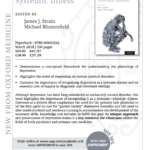
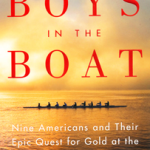
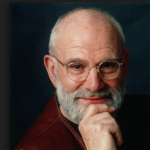

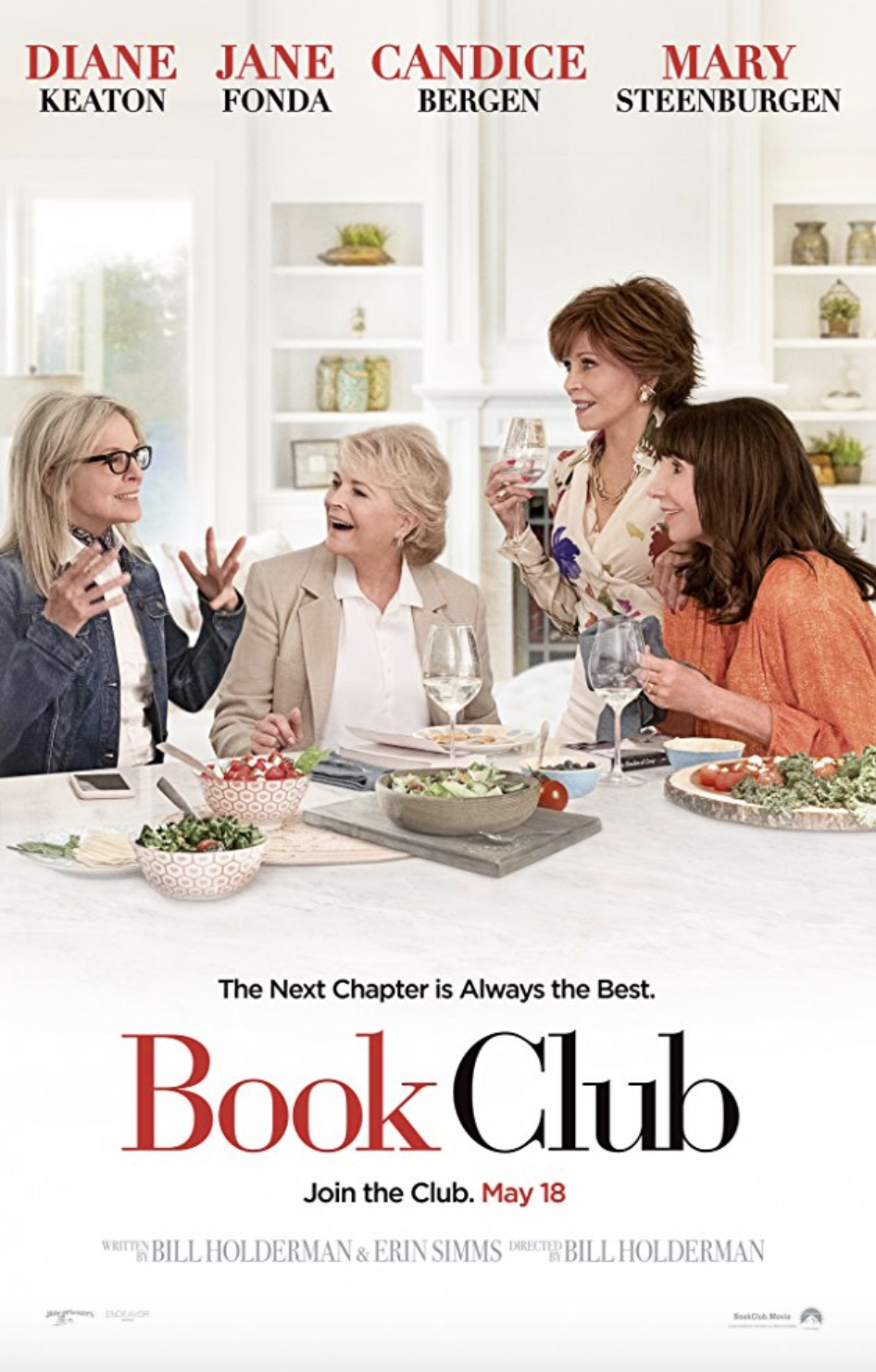
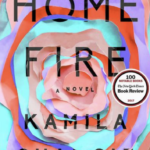
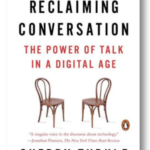
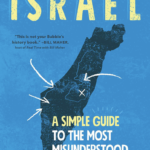
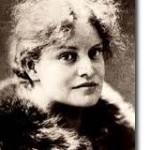
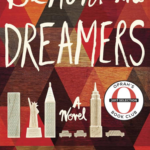



 The Nightingale by Kristin Hannah
The Nightingale by Kristin Hannah Maus I & II- by Art Spiegelman Reviewed by Lucy Blumenfield (Age 12) – Although there are other books that tell the tale of the Holocaust through a survivor’s perspective, this book is unique. It is the story, and it is true, about a man—Art Spiegelman, the author—who interviews his father—Vladek Spiegelman to preserve his story of the Holocaust, and illustrating this story in the form of a graphic book. Spiegelman uses animals to express the way different groups of people in this book might act. For example, he uses mice as the Jews, cats as the Germans, and pigs for this Poles. This really intensified the book because it kind of showed you who someone was and also made a political statement in my view. Spiegelman’s illustrations make this haunting story come to life as he tells about his father’s struggles: first hiding in house to house with his wife, trying to escape Poland, and finally being captured and put into Auschwitz, and after ten months being freed and reuniting with his wife. The book changes back between Art’s visits to his not-in-great-shape father in Rego Park, and his father’s experiences told by Vladek.
Maus I & II- by Art Spiegelman Reviewed by Lucy Blumenfield (Age 12) – Although there are other books that tell the tale of the Holocaust through a survivor’s perspective, this book is unique. It is the story, and it is true, about a man—Art Spiegelman, the author—who interviews his father—Vladek Spiegelman to preserve his story of the Holocaust, and illustrating this story in the form of a graphic book. Spiegelman uses animals to express the way different groups of people in this book might act. For example, he uses mice as the Jews, cats as the Germans, and pigs for this Poles. This really intensified the book because it kind of showed you who someone was and also made a political statement in my view. Spiegelman’s illustrations make this haunting story come to life as he tells about his father’s struggles: first hiding in house to house with his wife, trying to escape Poland, and finally being captured and put into Auschwitz, and after ten months being freed and reuniting with his wife. The book changes back between Art’s visits to his not-in-great-shape father in Rego Park, and his father’s experiences told by Vladek. The Storyteller by Jodi Picoult – After reading this book I reflected on where did I learn the details about the Holocaust? It wasn’t in any formal class that I took in public school or in college. It may have been in Hebrew School prior to my Bar Mitavah. It was in very general terms from members of my family none of whom that I knew of was a survivor or closely related to one. It was enhanced by books I read and movies I saw such as The Diary of Ann Frank, Schindler’s List, Sophie’s Choice plus so many more as well as some more contemporary movies that have recently emerged (and we have reviewed elsewhere) such as
The Storyteller by Jodi Picoult – After reading this book I reflected on where did I learn the details about the Holocaust? It wasn’t in any formal class that I took in public school or in college. It may have been in Hebrew School prior to my Bar Mitavah. It was in very general terms from members of my family none of whom that I knew of was a survivor or closely related to one. It was enhanced by books I read and movies I saw such as The Diary of Ann Frank, Schindler’s List, Sophie’s Choice plus so many more as well as some more contemporary movies that have recently emerged (and we have reviewed elsewhere) such as